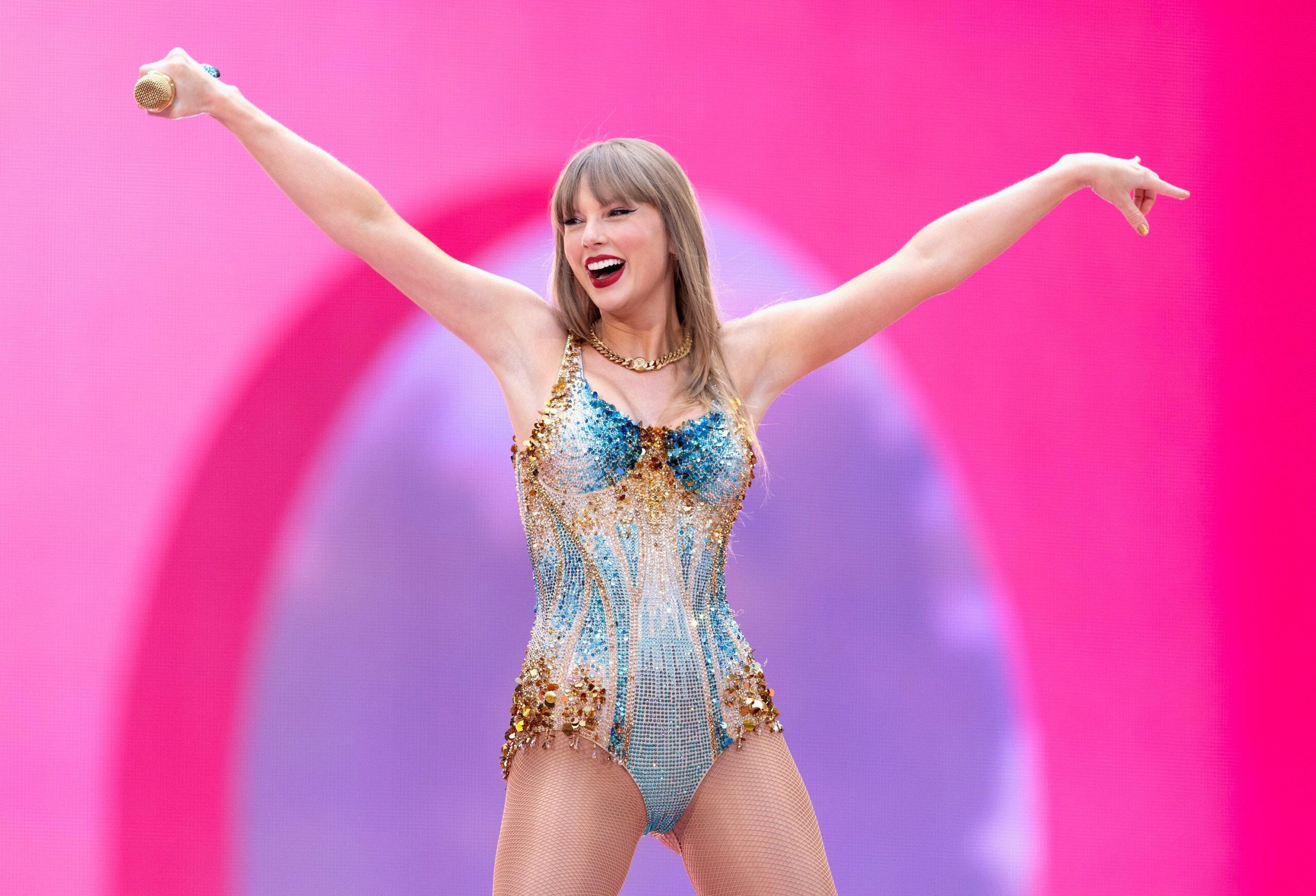
Major award shows like the Oscars, Grammys, Emmys, and Tonys are more than just celebrations of artistic achievement; they serve as cultural barometers, reflecting and shaping societal values, trends, and conversations. These events influence public discourse, drive industry standards, and offer a platform for diverse voices, all while adapting to the evolving media landscape.
Introduction
In the United States, major award shows have long been more than mere celebrations of artistic achievement. They are cultural touchstones that reflect societal values, influence public discourse, and shape the entertainment industry. From the glitzy red carpets of the Oscars to the electrifying performances at the Grammys, these events captivate audiences and spark conversations that resonate far beyond the entertainment world.
The Role of Award Shows in Shaping Cultural Narratives
Reflecting Societal Values
Award shows often mirror the prevailing societal values and concerns. For instance, the #OscarsSoWhite movement highlighted the lack of diversity in Hollywood, prompting the Academy to implement reforms aimed at increasing representation. Similarly, the #MeToo movement gained significant traction through speeches and moments at award shows, bringing issues of sexual harassment and gender inequality to the forefront of public consciousness.
Amplifying Diverse Voices
These platforms have provided underrepresented groups with a megaphone to share their stories. The 2025 Emmy Awards, for example, saw the limited series Adolescence sweep all its categories, with Stephen Graham winning both writing and lead actor awards, and Owen Cooper becoming the youngest supporting actor winner. Such recognition not only celebrates talent but also highlights narratives that may have otherwise been overlooked.
Influencing Public Discourse
Award shows often serve as a catalyst for broader societal conversations. Acceptance speeches and performances can address pressing issues, challenge norms, and inspire change. For instance, during the 2025 Emmys, host Nate Bargatze’s charity-based time limit rule added urgency to speeches, while emotional tributes and reunions from shows like Law & Order: SVU and Gilmore Girls resonated with audiences, reflecting the deep connection between television and societal sentiments.
Economic and Industry Impact
Boosting Careers and Sales
Winning or even being nominated for a major award can significantly boost an artist’s career. Films and albums that receive accolades often see increased sales, streaming numbers, and media attention. For example, the 2025 Academy Awards saw Anora win Best Picture, propelling its box office earnings and streaming views.
Shaping Industry Trends
Award shows also influence industry trends by highlighting emerging genres, styles, and talents. The recognition of diverse genres and artists at events like the Latin Grammys and BET Awards showcases the evolving musical landscape and the industry’s responsiveness to cultural shifts.
The Digital Age: Adapting to New Media Consumption
Shifting Viewership Patterns
With the rise of streaming platforms and on-demand content, traditional award shows have faced challenges in maintaining viewership. However, they have adapted by incorporating digital elements, such as live streaming and social media engagement, to reach broader audiences. The 2025 Emmys, for instance, drew over 7.4 million viewers on CBS, marking the highest viewership for the event since 2021.
Engaging Younger Audiences
To attract younger viewers, award shows have embraced social media platforms and interactive content. Behind-the-scenes footage, live reactions, and influencer collaborations have become integral parts of the awards experience, making it more accessible and engaging for a digital-native audience.
Controversies and Criticisms
Issues of Representation
Despite efforts to increase diversity, award shows have faced criticism for not adequately representing various racial, ethnic, and gender groups. The Oscars, in particular, have been scrutinized for the underrepresentation of people of color in major categories, leading to calls for more inclusive practices and reforms.
Perceived Bias and Transparency
Accusations of bias and lack of transparency in the voting processes of award shows have also been prevalent. Critics argue that industry insiders and elite voting bodies may not always reflect the tastes and preferences of the general public, leading to debates about the legitimacy and fairness of the awards.

The Future of Award Shows
Embracing Inclusivity
The future of award shows lies in their ability to adapt and embrace inclusivity. By broadening representation and ensuring diverse voices are heard, these events can continue to serve as platforms that reflect the multifaceted nature of society.
Innovating the Viewing Experience
To remain relevant, award shows must innovate the viewing experience by integrating technology and interactive elements. Augmented reality, virtual reality, and personalized content delivery could transform how audiences engage with these events, making them more immersive and tailored to individual preferences.
FAQs
1. Why are award shows important in U.S. culture?
Award shows highlight artistic excellence while reflecting societal values and current trends. They influence public conversations, inspire cultural dialogue, and celebrate diverse talent. Beyond entertainment, they act as cultural milestones, shaping perceptions, trends, and collective experiences that resonate across communities in the United States.
2. How do award shows impact the careers of artists?
Winning or being nominated for a major award significantly elevates an artist’s visibility. It can boost sales, streaming, and media coverage, while opening doors to collaborations, higher-profile projects, and industry recognition. Awards serve as validation of talent, enhancing credibility and career growth within the competitive entertainment landscape.
3. Are award shows adapting to digital media consumption?
Yes, award shows increasingly use live streaming, social media, and interactive content to engage audiences. Digital integration helps reach younger, tech-savvy viewers, extends the event’s global footprint, and encourages real-time interaction. Platforms like Instagram, TikTok, and YouTube have become crucial in shaping audience experiences and participation.
4. What are some criticisms of award shows?
Criticisms include underrepresentation of certain racial, gender, and ethnic groups, perceived biases in voting, and lack of transparency in selection processes. Some argue awards favor industry insiders over public opinion. These issues spark debates about fairness, inclusivity, and authenticity, prompting calls for reform and more equitable practices.
5. How can award shows become more inclusive?
Award shows can broaden inclusivity by increasing representation across racial, gender, and cultural lines. Transparent voting, diverse juries, and equitable nomination practices amplify underrepresented voices. Additionally, highlighting global and independent talent ensures broader perspectives, making award ceremonies more reflective of society and relevant to wider audiences.
6. What is the significance of the Oscars in U.S. culture?
The Oscars are a premier celebration of filmmaking excellence in the United States. Beyond awarding talent, they reflect societal trends, cultural milestones, and public values. Red-carpet moments, acceptance speeches, and performances often influence fashion, social discourse, and global perceptions of American cinema, making the Oscars culturally iconic.
7. How do award shows influence public discourse?
Award shows shape public discourse through speeches, performances, and narratives that address social issues. Celebrities use platforms to spotlight inequality, politics, and cultural concerns. Media coverage amplifies these messages, sparking nationwide conversations, influencing opinions, and inspiring activism, demonstrating that award shows extend beyond entertainment into societal impact.
8. Are award shows still relevant in today’s media landscape?
Yes, award shows remain relevant by adapting to new media habits, such as streaming and social engagement. While traditional TV viewership may fluctuate, integrating digital content, behind-the-scenes access, and interactive features keeps audiences invested. They continue to showcase talent, set trends, and reflect cultural moments across generations.
9. How do award shows impact the entertainment industry?
Award shows influence industry trends by highlighting emerging talent, popular genres, and innovative content. They set quality benchmarks, shape audience expectations, and drive market success. Recognition can dictate production decisions, inspire creative risks, and establish career-defining moments, reinforcing their role as critical arbiters of industry standards and excellence.
10. What is the future of award shows?
The future of award shows involves embracing inclusivity, technological innovation, and audience interactivity. Virtual and augmented reality, personalized content, and global streaming will enhance engagement. By evolving to reflect societal diversity and technological trends, award shows will remain culturally relevant, accessible, and influential in shaping the entertainment landscape.
Conclusion
Major award shows in the United States play a pivotal role in shaping and reflecting the nation’s cultural landscape. While they face challenges and criticisms, their ability to adapt and evolve ensures their continued relevance in the ever-changing media environment. By embracing inclusivity and innovation, these events can continue to serve as platforms that celebrate artistic achievements and foster meaningful societal conversations.
